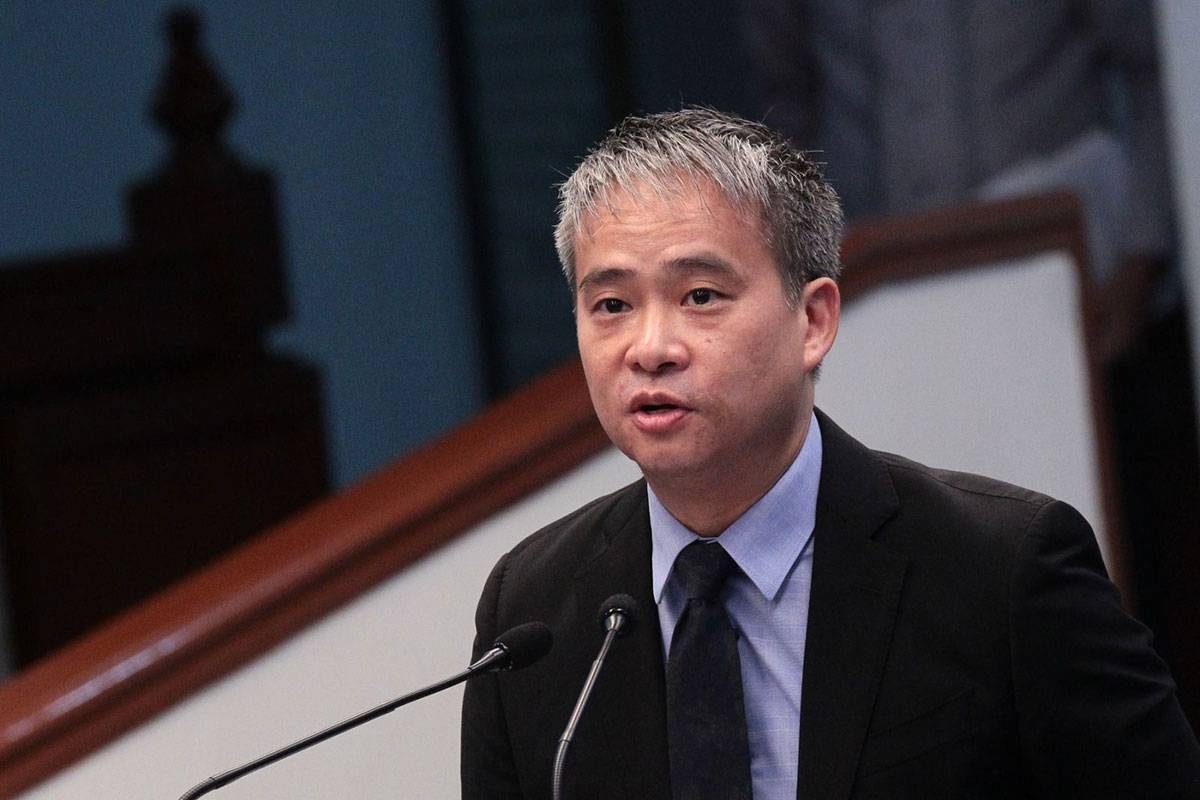Senate Majority Leader Emmanuel Joel Villanueva has recently introduced Senate Bill (SB) 2502, which aims to rightsize the national government in order to improve the delivery of public services. This move is in line with the long-standing agenda of various Philippine presidents since 1946.
Villanueva emphasizes the need for regular review and evaluation of the government’s organizational structure, systems, and mandates. He believes that this process is crucial for enhancing the efficiency of government operations. Additionally, he highlights the importance of optimizing the process of filling permanent positions, considering that the government is one of the largest employers in the country.
According to the Department of Budget and Management’s Staffing Summary, there are over 1.979 million permanent positions authorized for 2024. Out of these, 1.810 million positions are currently filled, while 169,136 positions remain unfilled. It is worth noting that despite the existence of vacant authorized positions, the government has hired 832,812 nonpermanent workers under Job Order or Contract of Service status as of June 30, 2023, as reported by the Civil Service Commission.
In light of these figures, Villanueva emphasizes the necessity of conducting a comprehensive study of the staffing patterns of government agencies. This study will determine whether certain existing permanent positions have become obsolete, redundant, or unnecessary. It is important to note that Villanueva clarifies that “rightsizing” does not equate to “downsizing.” The objective is to streamline the roles, functions, mandates, and programs of the entire government, ensuring the achievement of the country’s societal and economic development goals and objectives, while also safeguarding the welfare of government workers.
The proposed bill seeks to promote equity and ethical accountability in addition to the administrative principles of efficiency, economy, and effectiveness. Villanueva’s vision is to create a government structure that is responsive, agile, and capable of meeting the evolving needs of the Filipino people. By optimizing the government’s operations, he believes that public services can be delivered more effectively, ultimately benefiting the citizens.
This move towards rightsizing the government is not unique to the Philippines. Governments around the world have recognized the importance of periodically reviewing and restructuring their organizational frameworks to adapt to changing circumstances and improve service delivery. By doing so, they can eliminate redundancies, enhance efficiency, and better allocate resources.
It is crucial to contextualize this initiative for an international audience. Each country has its own laws, customs, and governance systems. In the case of the Philippines, the government plays a significant role in the economy and society, being one of the largest employers. Therefore, any reforms aimed at improving its efficiency and effectiveness have far-reaching implications for the country’s overall development.
In conclusion, Senate Majority Leader Villanueva’s filing of Senate Bill 2502 reflects the ongoing commitment of the Philippine government to enhance public service delivery. By right-sizing the government and optimizing its operations, the aim is to streamline roles, functions, and programs to achieve societal and economic development goals. This measure seeks to promote equity, ethical accountability, and administrative efficiency, while also protecting the welfare of government workers. It is a proactive step towards ensuring that the government is responsive to the needs of the Filipino people and can effectively deliver public services.







